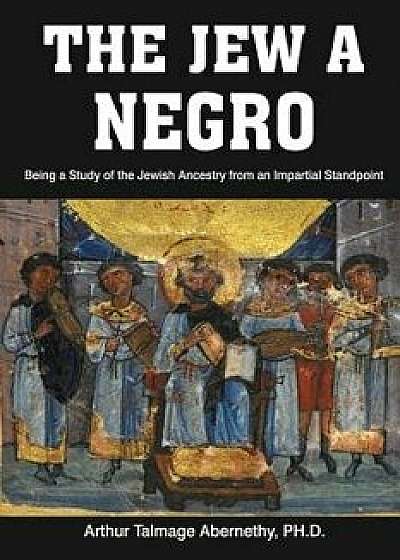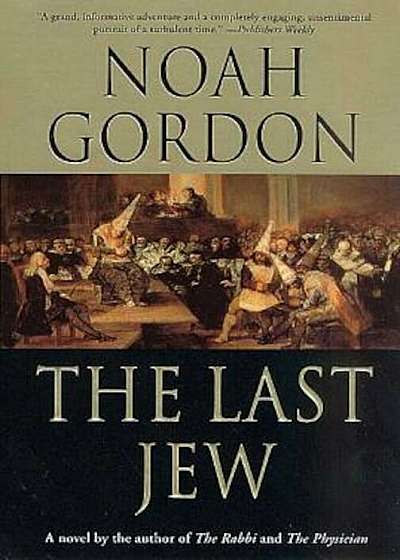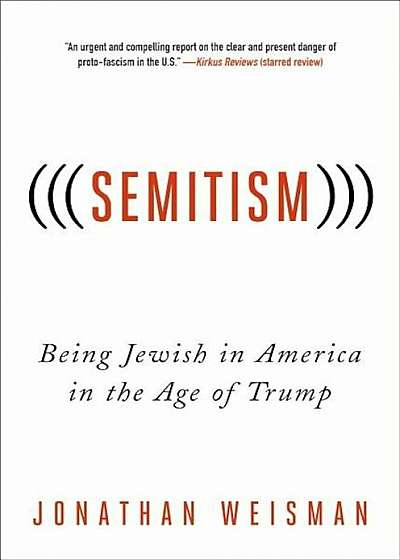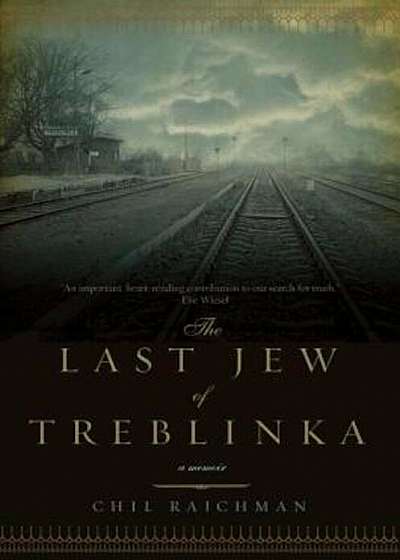
The Jew a Negro: Being a Study of the Jewish Ancestry from an Impartial Standpoint, Paperback/Ph. D. Arthur Talmage Abernethy
Descriere
Description"The most the startling book of the year...its research is unanswerable." -Literary Digest "The Jew a Negro" has been analyzed by numerous modern authors studying race relations in earlier times in America. Arthur Talmage Abernethy, PH. D., was a professor, Methodist pastor in New York and North Carolina, and a Democratic candidate for congress in North Carolina. He was a gifted speaker and author a score of historical books, as well as being the youngest son of the founder of Rutherford College. He was elected to the American Association for the Advancement of Science and became the poet laureate of North Carolina. The Jew a Negro argued that ancient Jews had thoroughly mixed with neighboring African peoples, leaving little significant difference between the Jewish and Negro types. As the Jews migrated to more temperate climes, their skin lightened and they became successful, but their essential racial similarity to blacks remained unaltered." Black Hebrew Israelite's (also called Black Hebrews, African Hebrew Israelite's, and Hebrew Israelite's) are groups of Black Americans who believe that they are descendants of the ancient Israelite's. Black Hebrews adhere in varying degrees to the religious beliefs and practices of both Christianity and Judaism. They are not recognized as Jews by the greater Jewish community. Many choose to identify themselves as Hebrew Israelite's or Black Hebrews rather than Jews in order to indicate their claimed historic connections. Books linking the ancestry of Jews and Blacks have become popular such as "From Babylon to Timbuktu: A History of the Ancient Black Races Including the Black Hebrews." Many Black Hebrew groups were founded in the United States during the late 19th and early 20th centuries, from Kansas to New York, by both African Americans and West Indian immigrants. In the mid-1980s, the number of Black Hebrews in the United States was between 25, 000 and 40, 000. In the 1990s, the Alliance of Black Jews (which is no





